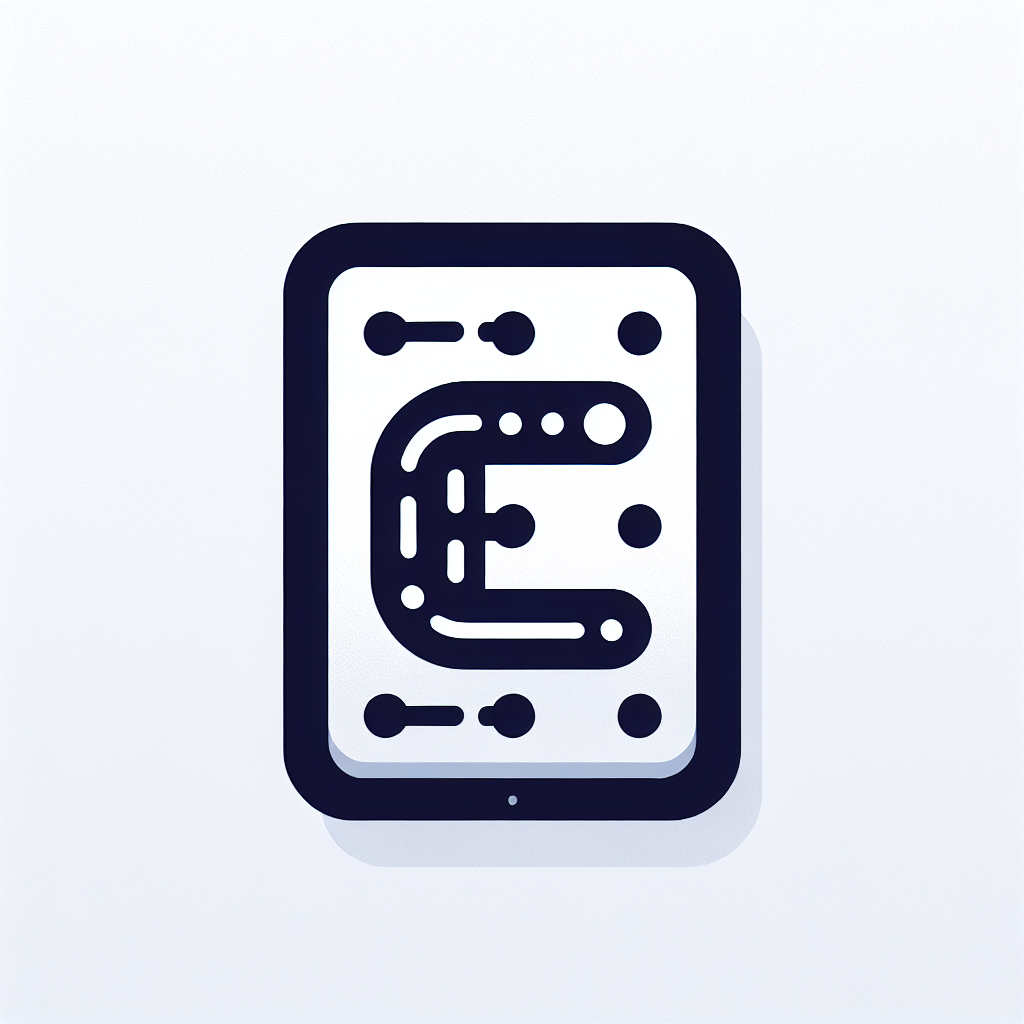Convert Python to C Code Easily: Fast & Efficient Tool
Easily convert Python code to C with our efficient tool! Boost performance, enhance compatibility, and streamline development. Try it now for seamless transitions!
Source Code
Converted Code
Output will appear here...
The Python to C Converter seamlessly transforms your Python code into efficient C language, enhancing performance and execution speed. Ideal for developers looking to optimize computational tasks or integrate Python scripts into C-based systems, this tool accelerates development while maintaining code integrity. Perfect for boosting software efficiency, it supports rapid prototyping and high-performance applications.

Python to C Conversion Tool Link to this section #
The Python to C conversion tool streamlines the process of translating Python scripts into C code, optimizing for performance and efficiency. This transformation is crucial for developers aiming to leverage C's execution speed and system-level capabilities.
Key Features Link to this section #
- Automated Conversion: Effortlessly convert Python code into C, reducing manual work and potential errors.
- Performance Optimization: Enhance your program's execution speed by utilizing C’s low-level operations.
- Cross-Platform Compatibility: Generate C code compatible with multiple operating systems.
How It Works Link to this section #
- Input your Python code into the tool.
- Conversion: The tool translates Python constructs into C syntax, ensuring logical equivalence.
- Output: Obtain the C source code ready for compilation.
Example Link to this section #
Convert a simple Python function to C:
Python Code:
def add(a, b):
return a + b
Converted C Code:
int add(int a, int b) {
return a + b;
}
Advantages Link to this section #
- Speed: C code typically executes faster than Python, improving application performance.
- Resource Management: Direct memory management in C allows for more efficient use of system resources.
- Versatility: C provides access to hardware-level operations, beneficial for system programming.
Considerations Link to this section #
- Ensure you have a good understanding of C's syntax and semantics.
- Be aware of differences in data types and error handling between Python and C.
- Learn more about C to optimize the converted code further.
Additional Resources Link to this section #
By leveraging the Python to C conversion tool, developers can enhance their software's performance, making it a valuable asset for computationally intensive tasks.
Frequently Asked Questions
How can I convert Python code to C?
To convert Python code to C, you can use tools like Cython or Pyrex, which allow you to compile Python code to C for improved performance. These tools generate C code that can be compiled into a shared library, which can be used in Python or other C applications. Alternatively, you can manually translate Python logic into C, especially for performance-critical sections.
What are the benefits of converting Python code to C?
Converting Python code to C can significantly increase execution speed, as C is a lower-level language with more direct access to memory and processing resources. It also allows Python programs to interface with other C libraries and systems, offering greater flexibility and performance enhancements for computationally intensive tasks.
Are there any limitations when converting Python to C?
Yes, there are limitations when converting Python to C. Python’s dynamic typing, automatic memory management, and extensive standard library features may not have direct counterparts in C, requiring manual handling or alternative approaches. Additionally, certain Python-specific features may be challenging to replicate in C, necessitating advanced knowledge of both languages.